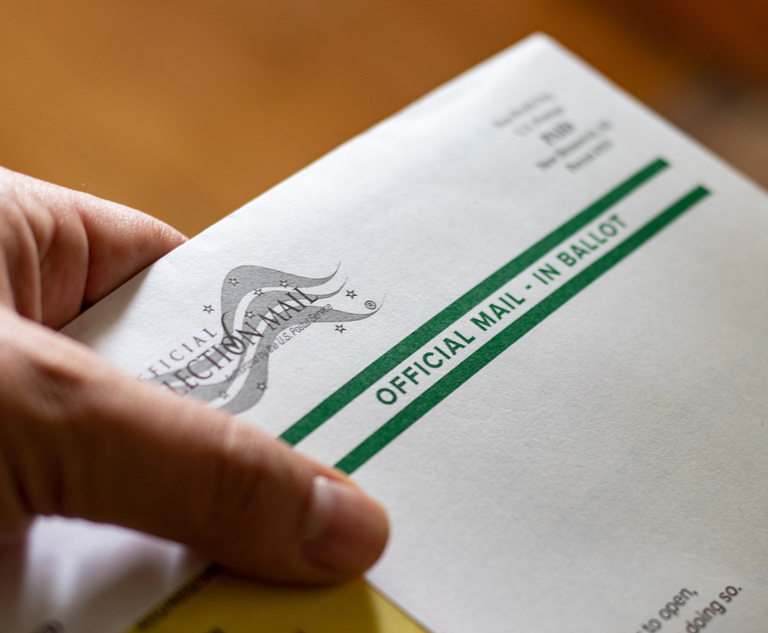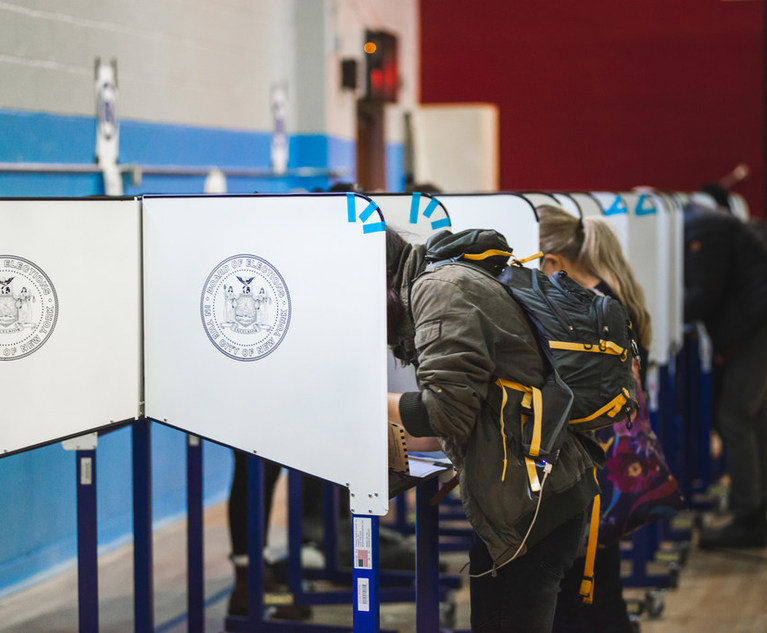The intersection of law and technology often creates challenges, as courts struggle to apply existing legal norms and constructs to situations that could never have been imagined when those concepts were developed. Adding politics to the mix does not make the situation any easier—especially when the legal issues are among the most ancient and foundational in United States history: freedom of speech and unfettered political discourse. But when a technology like social media becomes, for billions of people, an essential part of their daily lives and connection to the world, fundamental legal issues arise that have to be addressed.
With the rise of social media as a dominant force in interpersonal communication, it is perhaps not surprising that it has assumed a similar place in the political discussion. Ten years ago, it would have been a shock to learn that 100% of Senators and 90% of members of the House of Representatives have Twitter accounts that they use in their “official” capacity (whatever that means, as a legal matter), or that the primary source of information about significant executive policies would be after-hours tweets. But that is exactly where we find ourselves today. And in that world, the distinction between the “personal” and “political” use of the same account can have significant legal consequences, which the courts now find themselves in the challenging position of untangling.


 Stephen M. Kramarsky
Stephen M. Kramarsky




